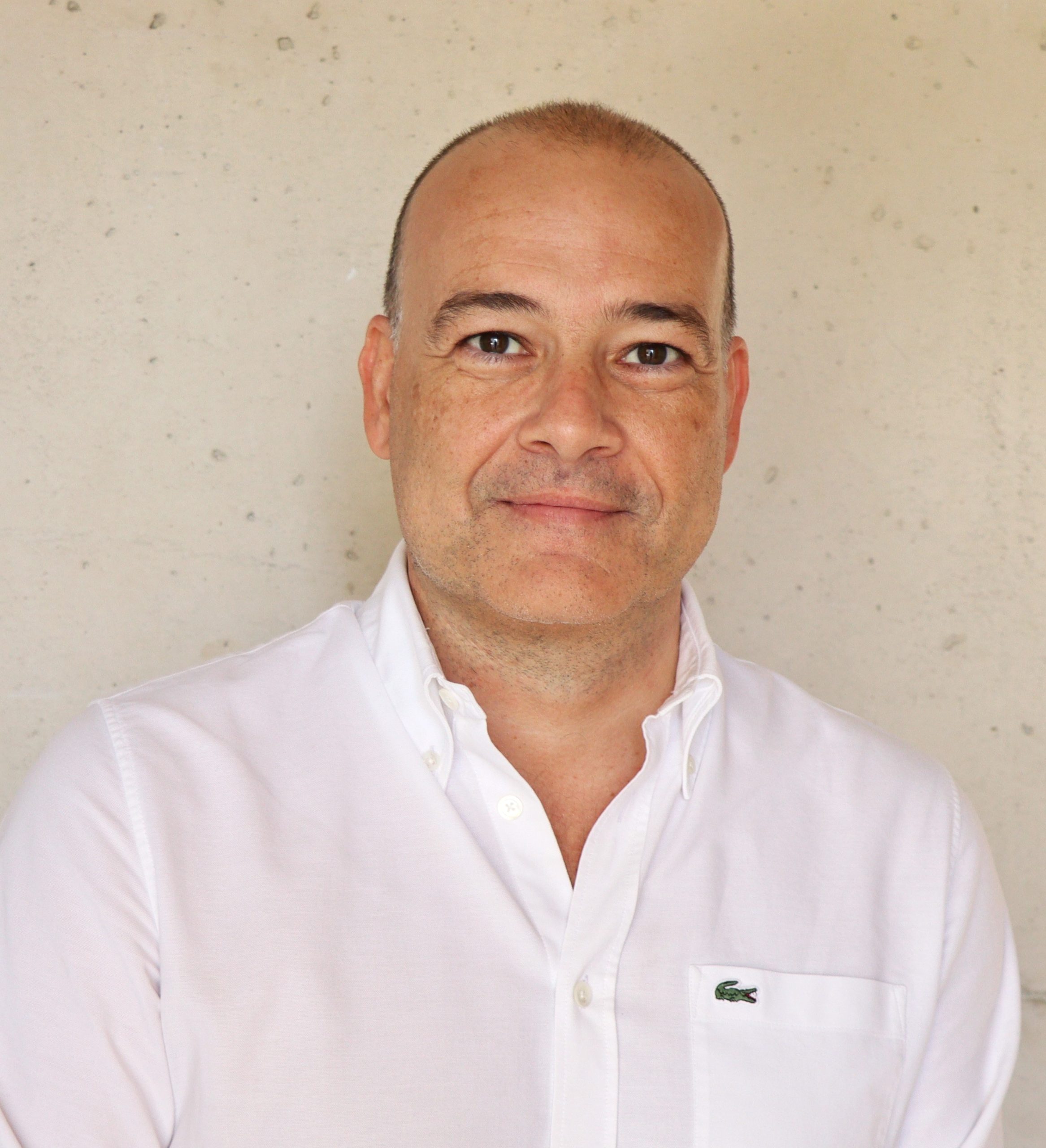Chemical biology offers unique possibilities to rationally manipulate biological processes and will most certainly play a major role in unravelling solutions for current unmet medical needs. Broadly our laboratory is focusing on discovering innovative chemical technologies that permit the construction of functional molecules, and on applying these technologies to the construction of therapeutic bioconjugates and small molecule probes.
Emerging technologies
Inspired by Nature’s repertoire of functional molecules, our laboratory is developing new chemical technologies to synthesise functional small molecules and bioconjugates to study and interfere in disease biological mechanisms that are critical for therapeutic interventions.
Oncology
We are designing new formats of bioconjugates for drug delivery for oncology. The focus is to discover new bioconjugation methods and linker technologies that may be used to generate targeting drug conjugates with more well-defined structures and with mechanisms that trigger a therapeutic action as a direct respond to the disease chemical environment.
Neurodegenerative diseases
Bioimaging of disease associated molecular mechanisms is a fundamental tool to discover new strategies for therapeutic intervention. We have developed a highly modular platform of fluorescent dyes (BASHY) that, in collaboration with neuroscientist at imed, are been used to elucidate the role of microglia in the clearance of myelin debris in multiple scleroses (MS). We hope with these studies to unravel new mechanisms that can be targeted to prevent and intervene therapeutically in MS.
Metabolic disorders
Protein misfolding is recognized as the main underlying pathogenic mechanism of different diseases. In this area we are developing small molecules that can be used as modulators of specific protein enrolled in genetic diseases like Phenylketonuria.
- March 19, 2021
- Chemical Biology
- January 29, 2021
- Chemical Biology
- July 6, 2020
- Chemical Biology
- May 25, 2020
- Chemical Biology
- June 8, 2017
- Chemical Biology

Pedro Gois
Group Leader
Email: pedrogois@ff.ulisboa.pt
Phone: (+351) 217946400 (Ext. 14614)
View Profile- Lab keywords:
- ChemBio, boron, bioconjugation, bioconjugates
- Primary area of ıntegration within imed:
- Emerging Technologies, Technologic Hub
- Secondary area(s) of ıntegration within imed:
- Metabolic Diseases, Neurodegenerative Disorders, Oncology, Scientific Hub

